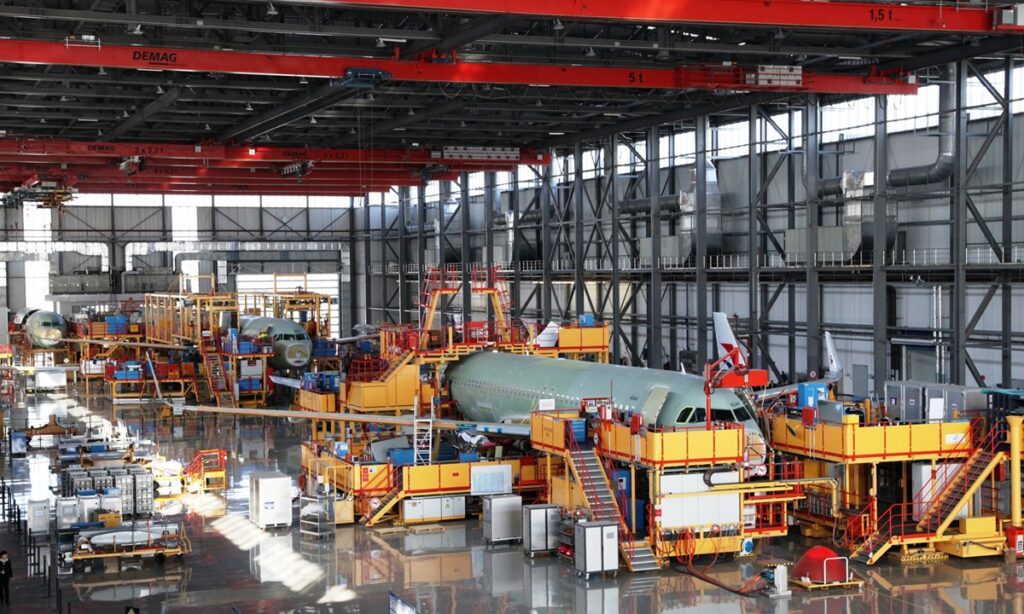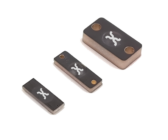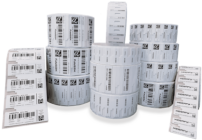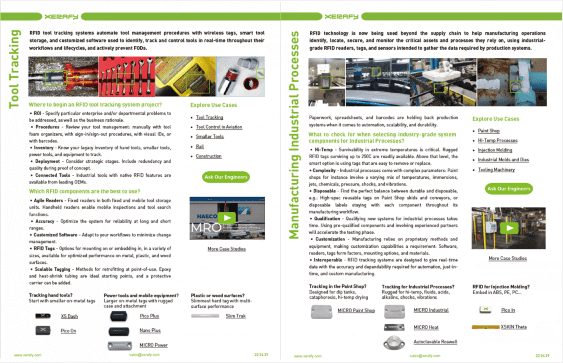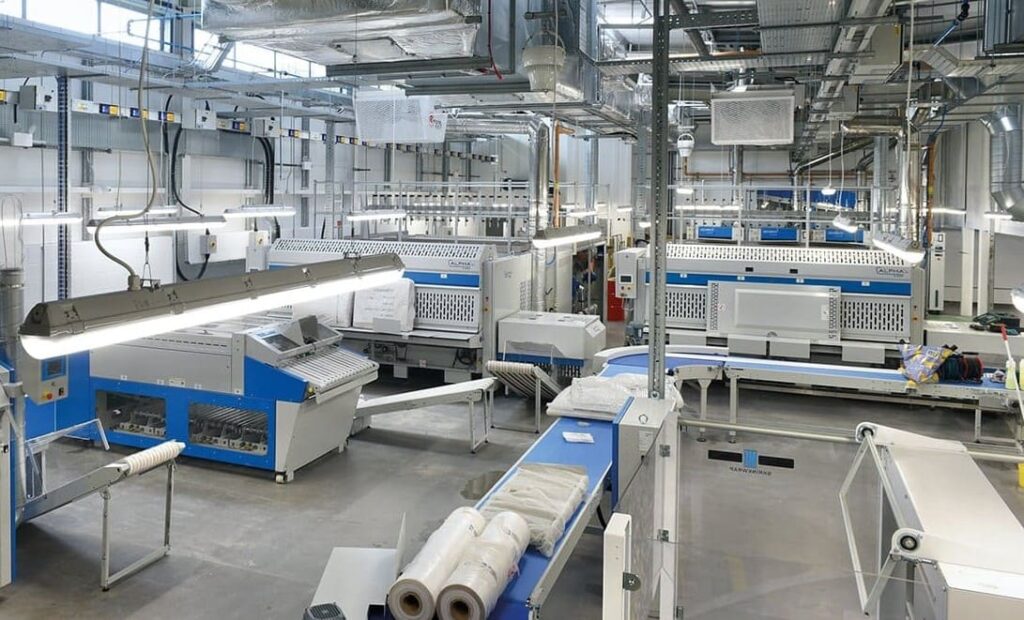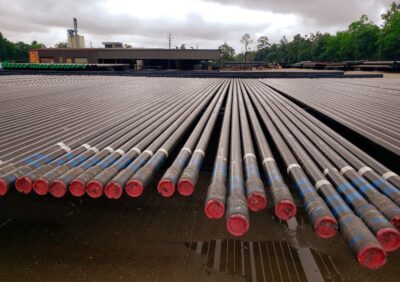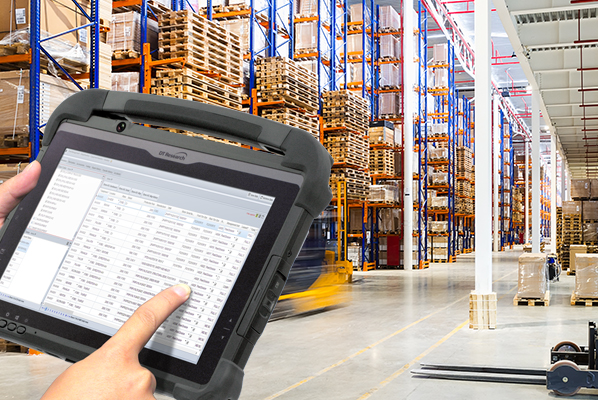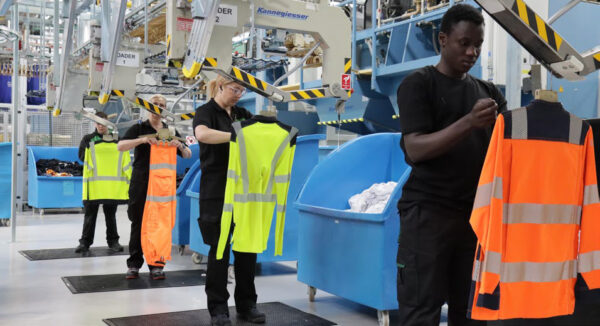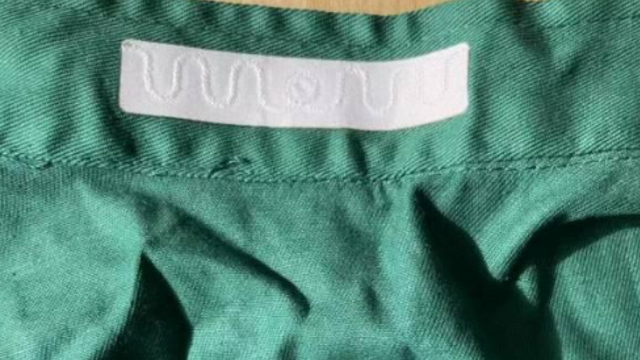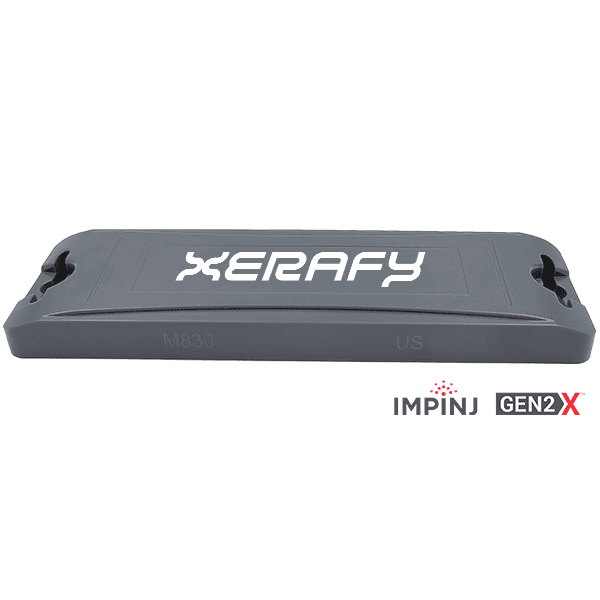The aerospace company offers onsite assembly and maintenance services at the Airbus A320 family aircraft final assembly line (FAL) in Tianjin, China, one of Airbus’s four global final assembly facilities and the only one in Asia, serving the fastest-growing aviation market worldwide.
The company provides critical electronic systems and components—accounting for a significant share of an aircraft’s overall value. In line with Airbus’ broader goals to digitize its workflows, it sought to enhance its internal processes, particularly the traceability and reporting of tools and maintenance, repair, and operations (MRO) supplies used on the assembly line. This effort was crucial to comply with industry regulations, ensuring both operational safety and audit readiness.
Xerafy worked closely with the customer’s engineering teams in both China and the US, along with their integration and deployment partners in China. All companies requested to remain confidential to preserve operational integrity and protect sensitive business information.
High Precision For Aircraft Final Assembly Line
Ensuring traceability and operational efficiency in aircraft final assembly is critical, where precision, safety, and compliance are non-negotiable.
A “final assembly line” (FAL) in aerospace refers to the stage of aircraft manufacturing where all the major components—such as wings, fuselage, and tail—are brought together and attached, essentially creating the complete aircraft in its final form.
This is where various sub-assemblies are combined to produce the finished product, including rigorous testing and quality checks throughout the process. The FAL is considered a critical stage in aircraft production due to the intricate nature of joining large components and coordinating numerous systems installations.
For suppliers involved in a final assembly line, several challenges arise: scaling production efficiently to meet the backlog of orders, integrating complex subsystems (such as electrical, hydraulic, and avionics) into a single aircraft, and ensuring stringent quality control and inspection at every stage of assembly.
Each of these aspects requires advanced planning, coordination between different engineering teams, and the use of cutting-edge inspection technologies to maintain high production standards.
Maintaining Stringent Quality Control and Inspection
Assembly tools must be tracked to meet stringent safety procedures, prevent foreign object damage (FOD), and ensure accountability throughout their lifecycle.
An effective tool accountability system is critical. Missing or unaccounted tools can result in operational disruptions, pose safety hazards, and cause significant production delays, ultimately affecting on-time aircraft delivery. Maintaining detailed records of each tool’s location and status ensures that all necessary equipment is available when needed, reducing the risk of production bottlenecks.
Small MRO supplies, including protection equipment, glue, lubricants, and cleaning supplies, pose challenges due to their size, storage requirements, and limited shelf life. These consumables must be accurately tracked to ensure availability and traceability during the assembly process.
Previously, the company relied on manual tracking, which introduced significant inefficiencies:
Labor-Intensive Processes: Manual tracking of tools and MRO supplies consumed considerable resources, leading to time-consuming workflows.
Inconsistent Inventory: Tracking the return of tools and consumables was inefficient, with limited visibility across the assembly line’s multiple locations.
Prone to Errors: Manual reporting was error-prone and delayed, leading to difficulties in maintaining audit readiness and increasing the risk of non-compliance.
These operational inefficiencies can have a tangible impact on production timelines and safety. Any issues with the tool control program can extend assembly times, while inadequate traceability of MRO supplies would pose potential safety risks, jeopardizing the integrity of the assembly process.
Deploying an integrated RFID Tracking System
The company’s previous reliance on manual tracking created inefficiencies that were addressed through the new RFID-enabled system. To illustrate, manual tracking often resulted in incomplete compliance audits, delaying regulatory checks and adding to operational costs.
The company recognized the opportunity to significantly improve operational processes by deploying an RFID-enabled tracking system. RFID technology had already demonstrated its value in similar aerospace applications, particularly its ability to provide real-time data and automate compliance.
Key areas identified for improvement included:
Automating Check-In/Check-Out: Streamlining the process of tracking tools and consumables.
Real-Time Tracking: Enhancing visibility of tools and MRO supplies across the assembly line.
Simplified Compliance Reporting: Automating data synchronization to ensure accurate and timely reporting.
To address these needs, the company turned to Xerafy for its deep domain expertise in aerospace applications. Xerafy’s proven track record in similar projects and its portfolio of rugged RFID tagging solutions made it the ideal partner for this high-stakes initiative.
RFID Tagging Solutions for Tools and MRO Supplies
To reinforce the precision and accuracy of its tool management program, the company deployed Xerafy PICO Mini tags—compact, robust RFID tags specifically designed for the demanding conditions of aerospace environments.
The Xerafy PICO Mini are specifically designed for aerospace tool tracking.
Additionally, METAL SKIN on-metal RFID labels were applied to metal tools, such as rulers and small toolsets, leveraging Xerafy’s experience in tool-specific RFID tagging best practices.
The Xerafy METAL SKIN RFID labels work on metal and are adapted to assets of small sizes.
For MRO supplies, the company opted for Xerafy TEX TRAK series of washable off-metal RFID tags, ideal for consumables like gloves, rags, and brushes that require easy tagging and tracking.
Xerafy TEX TRAK series offers flexible and washable RFID tags designed to be hemmed or sewn in.
RFID-Enabled Storage and Tracking
A smart RFID-enabled cabinet was implemented to scan hundreds of items in seconds, integrating smoothly with existing ERP systems for efficient data flow. This system automatically generates reports, issues alerts for missing items, and integrates seamlessly with existing systems for real-time data synchronization across devices.
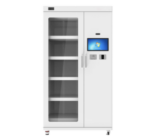
RFID-enabled cabinets offer automated item tracking.
The company also deployed a handheld RFID reader for industry to perform spot scans, adding further flexibility and efficiency.
On top of this, RFID printers were used to encode and print RFID on-metal labels, ensuring consistent and accurate labeling of tools. Regular printers generated compliance documentation on-site, enhancing operational autonomy.
Impact of Automated RFID Tracking
Enhanced Compliance: Automated traceability of tools and consumables helped meet regulatory requirements with ease, while compliance audits became more efficient, with detailed, real-time reports reducing human error.
Operational Efficiency: The transition to automated workflows reduced the time spent on manual record-keeping and reporting. Engineers now have quicker access to tools and consumables, improving overall task efficiency.
Improved Accountability: With real-time data tracking tool usage and returns, the system minimized inventory discrepancies and reduced the risk of lost or misplaced tools.
Support for Digital Transformation: The RFID system supports Airbus’s digital transformation initiatives and offers scalability. As the company expands, the RFID infrastructure can easily be scaled to track additional assets, new product lines, or facilities, providing a solid foundation for future digital transformation initiatives. As the company expands, the RFID infrastructure can be easily scaled to track additional assets, new product lines, or facilities.
Xerafy is a pioneer in Industrial RFID, bringing to market several innovations that enable advanced identification and automation capabilities in aerospace.
In addition to a complete range of field-proven RFID tags available off-the-shelf, Xerafy offers Custom RFID Tags services, covering everything from a personalization service bureau to custom-design engineering capabilities.
